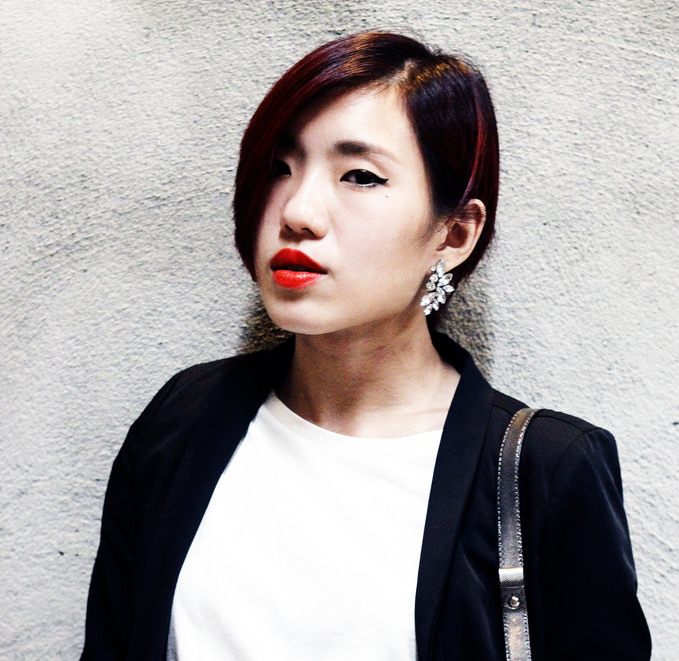What is it conceptual photography, exactly?
Conceptual photography can be thought of as a genre of fine art photography that illustrates an idea, focusing on the concept of the photo before anything else. Every image seeks to convey a message to the viewer, be it a social commentary, an emotional outcry or political statement, and is achieved through either well-thought out staged shoots or post-processing techniques.

“Freedom”. EOS 5D Mark III, EF50mm f/1.4 USM lens, f/5, 50mm, 1/640sec, ISO250 by Florentina Amon
One of the world’s first introduction to conceptual photography was Hippolyte Bayard’s Self Portrait as a Drowned Man shot in 1840. The now iconic photograph was a response to his lack of recognition as one of the principal inventors of photography, and tells the story of how he “drowned himself” due to the injustice from the French government. Today, conceptual photography has two basic usages, as a methodology or as an art form. It is very imaginative, thus often resulting in images that portray distorted realities.
It is important to note that with conceptual photography, the goal is not producing picture-perfect images, like in landscape or abstract photography. While the final piece must of course, maintain a certain level of aesthetics, its ultimate goal is to paint a picture in the viewer’s head, to make them think and develop their own interpretations.

“Return” EOS 5D Mark III, EF50mm f/1.4 USM lens, f/1.4, 50mm, 1/200sec, ISO200 by Florentina Amon
Conceptual photography as a methodology
As a methodology, conceptual photography is about creating images that fit a concept, like in advertising or in stock photography, where the final image communicates a preconceived concept and is used as a “stage” for ideas. For example, an image of a man under a mountain of sugar to warn of the dangers of sugar consumption, or a person standing under a waterfall to denote the feeling of refreshment one experiences with a particular brand of body wipes.

“Clouds To The Sky” EOS 5D Mark III, EF50mm f/1.4 USM lens, f/2.2, 50mm, 1/40sec, ISO400 by Florentina Amon
Conceptual photography as an art form
As an art form, this genre of photography has never been well defined. It first started appearing in art in the 1960s as a way for artists to document the process of other non-photographic art, like performance art or sculptures, and they were considered conceptual artists as opposed to photographers. Back in the day, conceptual photography was seen as a poor show of artistic talents, as the production of quality photographic art was judged based on technical abilities, and not the story behind the image. Times have changed however, and conceptual photography as an art form is highly lauded.

“Shelter” EOS 5D Mark III, EF50mm f/1.4 USM lens, f/1.4, 50mm, 1/250sec, ISO100 by Florentina Amon
How is it done?
Most conceptual photographs feature a blend of techniques in order to communicate its message, from the use of visual metaphors to the mood of the photo. Conceptual art and photography plays on the human subconscious, with the artists employing images that they know will evoke reactions and emotional connections from the viewer. Some photographers incorporate universally recognized symbols in their work, like using the colour white to represent purity, or choose to deliberately play on the ambiguity and subjectivity of individual interpretations to drive conversation and debate around their work. It is then pertinent that photographs who choose to delve into this genre truly understand how humans process information and imagery, for it is only then they are able to create work that reaches out to them on a deeper level.
But that is not to say technical skills are not important. While the essence of conceptual photography lies in the idea, understanding the basics photography is key in the presentation. A skilled use of light, shadows, imaging and post-production techniques can greatly enhance the message a photographer is trying to convey, and will aid in eliciting a desired response from the audience.
Profile of author

Mona Teo
Mona Teo is a writer based in Singapore who believes that there is nothing more powerful than the written word (not counting coffee). An avid scuba diver and traveler, she relies on her Kindle to get her through flights and seeks inspiration from the world around her.

































